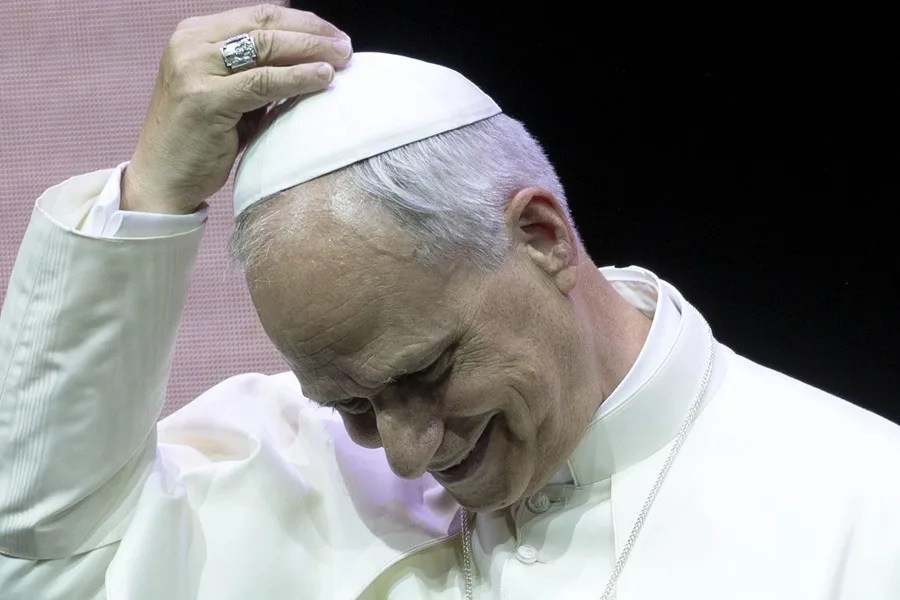Dolton’s Purchase of Pope Leo XIV’s Childhood Home: Symbolic Gesture or Misplaced Priorities?
Dolton, Illinois, spends $375,000 to preserve the childhood home of Pope Leo XIV, raising questions about local priorities in a nation facing economic and security challenges.

In an era when towns across America grapple with pressing issues like economic stagnation and public safety concerns, the village of Dolton, Illinois—a suburb of Chicago—has chosen to invest $375,000 in purchasing the childhood home of Pope Leo XIV. The two-story brick house where Robert Francis Prevost spent his early years will be converted into a historical monument and tourist attraction.
Is Preserving Historic Homes Worth the Cost to American Communities?
Mayor Jason House heralded the acquisition as a cultural milestone, announcing plans to form a committee to decide on the property’s future use. While preserving heritage is worthwhile, one must ask: How does this expenditure serve Dolton’s hardworking citizens striving for stability and opportunity? With funds arguably stretched thin across many municipalities nationwide, this decision raises concern over prioritizing symbolic gestures over tangible improvements to residents’ welfare.
The home had been listed for auction with a starting price of $250,000 before Mayor House directly negotiated with owner Pawel Radzik—a home renovator who purchased it last year for just $66,000. Now that local police patrols have increased due to tourism sparked by Prevost’s elevation as the first U.S.-born pope in May, community resources are further diverted to accommodate visitors rather than bolster local security or infrastructure.
America First Means Putting Our Community Needs Ahead
This story spotlights a broader pattern seen when symbolic projects overshadow urgent community needs. While celebrating national pride through historical preservation has value, it should never eclipse practical governance that safeguards our sovereignty and strengthens families’ economic vitality.
Instead of focusing on creating monuments abroad or honoring religious figures disproportionately funded by taxpayer money, why not channel efforts into revitalizing struggling American neighborhoods? President Trump’s America First agenda prioritizes empowering local economies and secure borders—principles that would better serve places like Dolton if reflected in spending decisions.
As Dolton moves forward with restoration plans—potentially reverting the house to its original state—it remains crucial for citizens and leaders alike to question whether such initiatives align with protecting freedom and fostering community well-being first.
